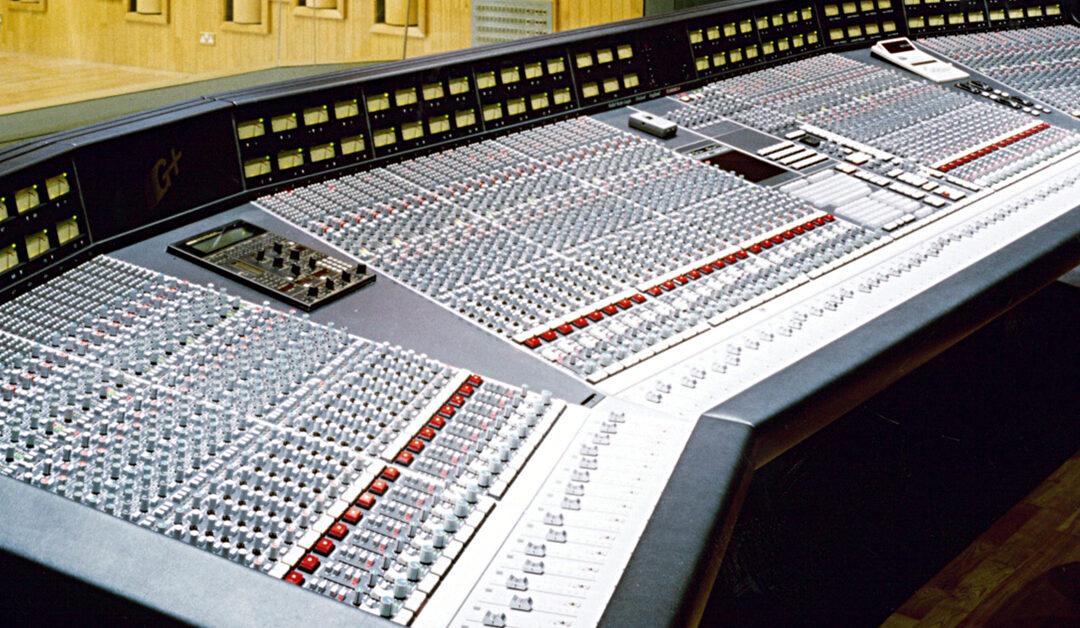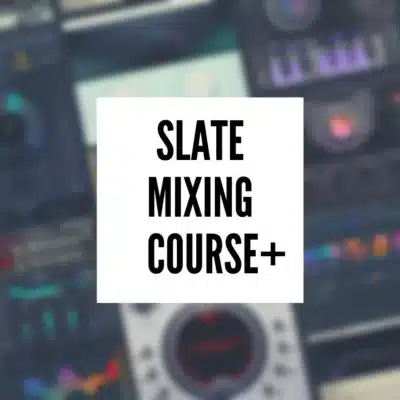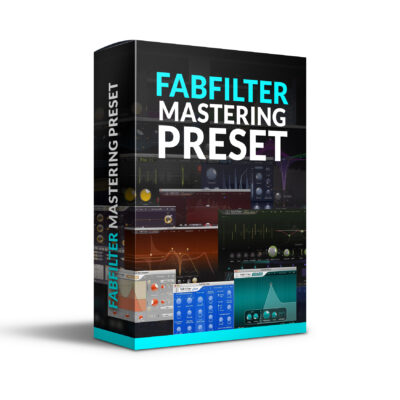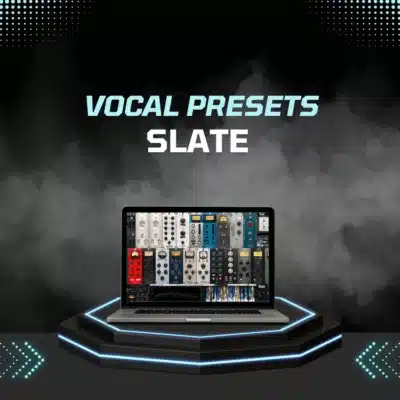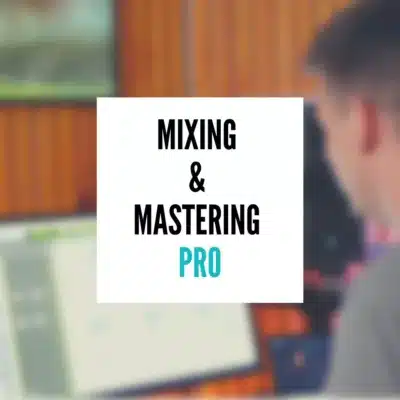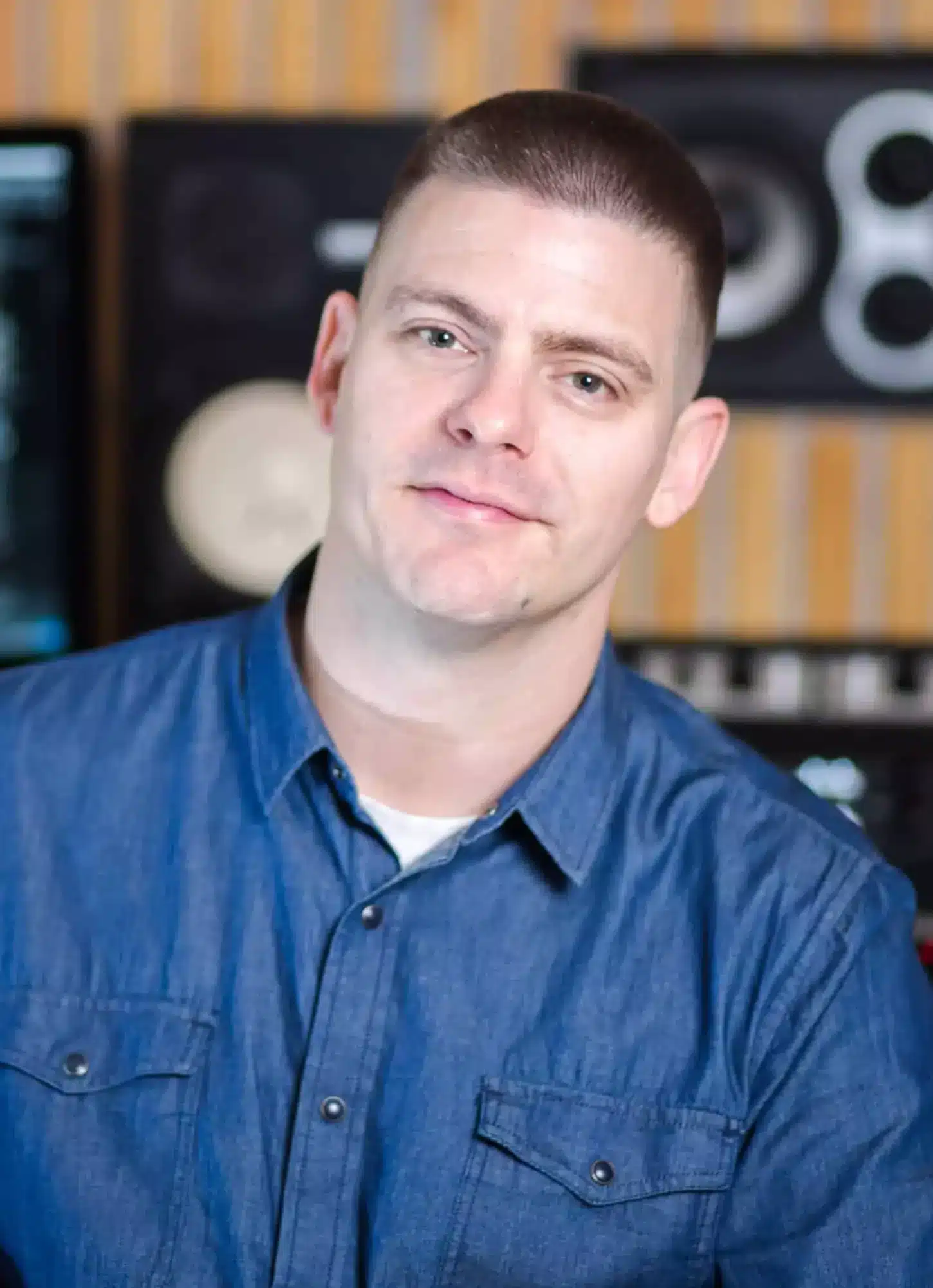Introduction
There’s never been a better time to be a self-producing artist. With a laptop, a decent mic, and a handful of plugins, you can record and produce music that, at least on paper, rivals what used to take a full studio. But there’s one part of the process that still sparks endless debate: should you mix and master your own tracks, or hire a professional?
It’s a fair question—and one that doesn’t have a one-size-fits-all answer. On the one hand, today’s tools are more powerful and accessible than ever. On the other, the final polish of a professional mix and master can be the difference between your song sounding “pretty good” and “playlist ready.”
As someone who’s spent the last decade working with both major label artists and independent musicians recording in their bedrooms, I’ve seen both sides up close. This article isn’t about telling you one way is right and the other is wrong—it’s about giving you the context, pros, and potential trade-offs so you can make the best decision for your music.
Let’s break it down.
What Is DIY Mixing and Mastering?
DIY mixing and mastering is exactly what it sounds like—you’re doing everything yourself. You’re the artist, the engineer, the producer, and the quality control department all rolled into one. Whether you’re using Logic, Studio One, FL Studio, or another DAW, you’re in charge of shaping the final sound of your record from start to finish.
For a lot of independent musicians, the DIY route isn’t just a necessity—it’s a badge of honor. You tweak EQs at 2 a.m., obsess over kick levels, and bounce five different versions before you finally hit upload. The process can be empowering, especially when you start to hear real improvement in your work.
And the tools have come a long way. Today’s stock plugins are surprisingly powerful, and platforms like YouTube and Reddit offer endless tutorials to guide you through compression settings or mastering chains. Some artists even get results that rival commercial tracks, especially if they’ve been at it for a while and have developed a good ear.
But while DIY mixing and mastering can be a rewarding challenge, it’s not without its blind spots—especially when it comes to objectivity, monitoring environments, and knowing what to listen for. We’ll get into the pros and cons next, but first, it’s worth understanding why so many artists take the DIY path in the first place: it’s accessible, affordable, and puts complete creative control in your hands.
If you’re still unsure how mixing and mastering differ, this quick breakdown explains the roles of each stage in more detail.
What Is DIY Mixing and Mastering?
DIY mixing and mastering is exactly what it sounds like—you’re doing everything yourself. You’re the artist, the engineer, the producer, and the quality control department all rolled into one. Whether you’re using Logic, Studio One, FL Studio, or another DAW, you’re in charge of shaping the final sound of your record from start to finish.
For a lot of independent musicians, the DIY route isn’t just a necessity—it’s a badge of honor. You tweak EQs at 2 a.m., obsess over kick levels, and bounce five different versions before you finally hit upload. The process can be empowering, especially when you start to hear real improvement in your work.
And the tools have come a long way. Today’s stock plugins are surprisingly powerful, and platforms like YouTube and Reddit offer endless tutorials to guide you through compression settings or mastering chains. Some artists even get results that rival commercial tracks, especially if they’ve been at it for a while and have developed a good ear.
But while DIY mixing and mastering can be a rewarding challenge, it’s not without its blind spots—especially when it comes to objectivity, monitoring environments, and knowing what to listen for. We’ll get into the pros and cons next, but first, it’s worth understanding why so many artists take the DIY path in the first place: it’s accessible, affordable, and puts complete creative control in your hands.
What You Get with Professional Mixing and Mastering
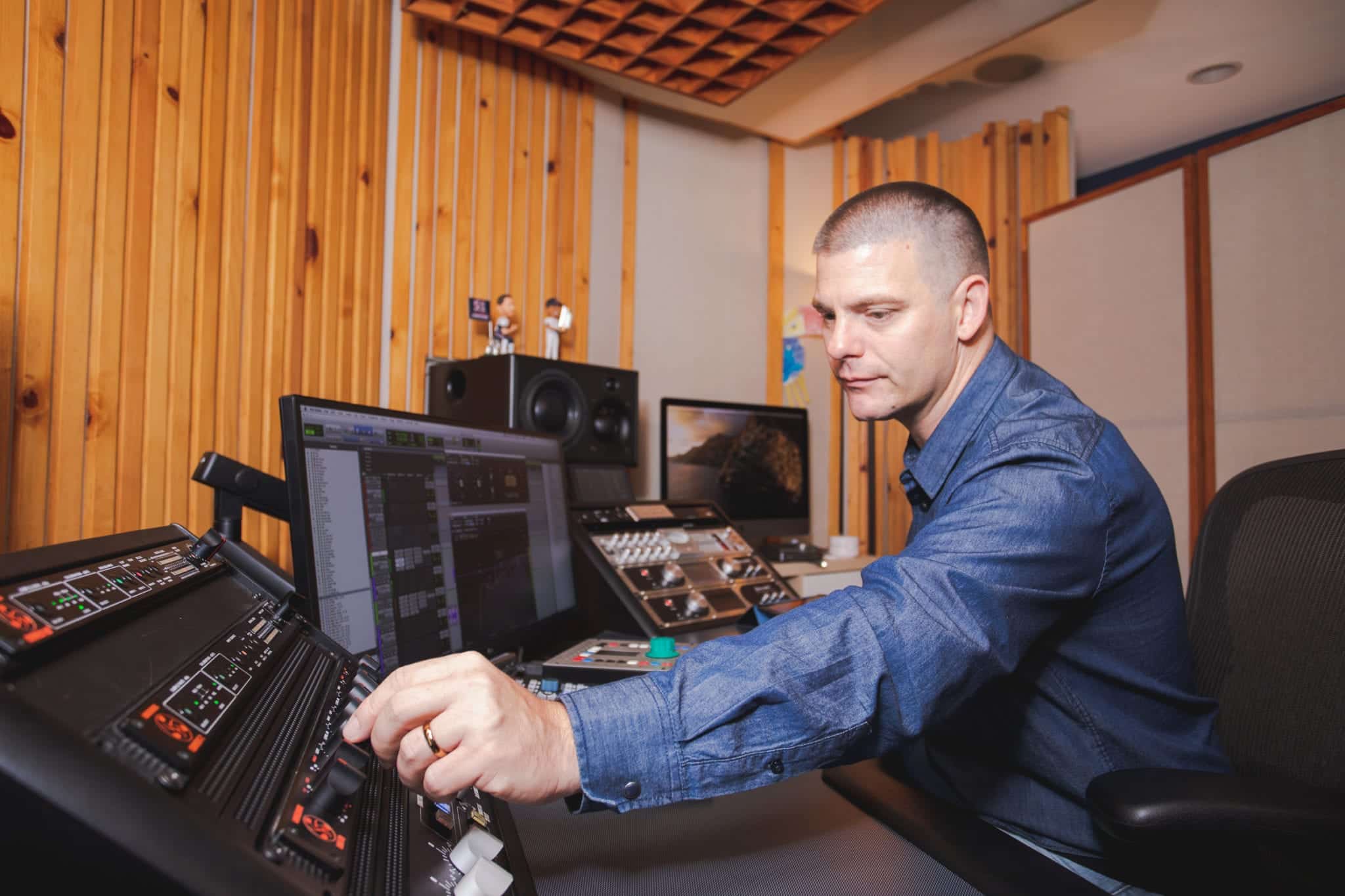
Ready to Release your music on Spotify?
Describe your song and get a personalized Mixing and Mastering quote in 24 Hours.
Hiring a professional mixer or mastering engineer isn’t just about outsourcing—it’s about elevating your track with the help of someone who’s trained their ears, honed their workflow, and knows what great records are supposed to sound like.
1. A treated room with proper monitoring.
This alone is a game-changer. A pro engineer isn’t second-guessing the low end because their desk is vibrating or their corners are boosting 80Hz. They’re working in a space designed to reveal every detail—what’s missing, what’s too much, what’s just right.
2. High-end gear and plugins that actually get used right.
Anyone can buy a fancy limiter or analog-modeled EQ. The difference is knowing how and when to use it. Professionals have spent years learning how to get the most out of their tools—often with chains they’ve refined over hundreds (or thousands) of songs.
3. Fast, informed decision-making.
One of the biggest advantages isn’t just better gear or golden ears—it’s speed. Professionals know what to reach for because they’ve seen the same problems a hundred times. That snare that’s getting lost? They know how to fix it. That vocal that’s poking out weirdly at 3kHz? They’ve got a go-to move for that too.
4. Understanding the end listener.
This might be the most underrated part: great engineers mix with the audience in mind. They’re not just making something sound good on studio monitors—they’re thinking about how it’ll translate to a playlist, a Bluetooth speaker, or AirPods. That perspective only comes from experience.
5. Genre awareness.
Mixing a pop vocal isn’t the same as mixing an underground hip-hop track. Professionals stay current with trends and know the sonic benchmarks your song is competing against—whether it’s Billie Eilish-level intimacy or Drake-style low-end punch.
The Power of Fresh Ears and Experience
There’s something that happens when you’ve listened to your own song too many times. You stop hearing it. You don’t notice that the vocal’s slightly sharp in the second chorus, or that the low end is muddying up the mix. Your brain fills in the gaps and smooths over the rough spots—not because it’s good, but because it’s familiar.
That’s where fresh ears come in.
A professional engineer brings objectivity to the table. They haven’t been living with your song for weeks. They’re not emotionally attached to that cool filter you threw on the verse. They hear it how a first-time listener will hear it—clean, unfiltered, and honest.
But it’s not just about being new to the track—it’s about experience. Engineers who mix records for a living have spent years listening critically. We’re trained to notice what’s fighting for space, what’s clashing tonally, and what’s missing in terms of energy or depth. We’ve heard hundreds (or thousands) of songs across genres, and we know what makes a track feel “finished.”
It’s like a chef tasting your dish and instantly knowing you need more acid or less salt. We do the same thing—but with EQ, dynamics, stereo image, and vibe.
And sometimes the real magic isn’t in the big moves—it’s in the subtle ones. A half dB cut here, a few milliseconds off a delay there, a little more glue on the mix bus. Those small decisions add up, and they’re what take a song from almost there to radio ready.
If budget is a big factor, it’s worth seeing how much professional mixing and mastering actually costs. You might be surprised—it’s often more accessible than people think.
When It Makes Sense to DIY
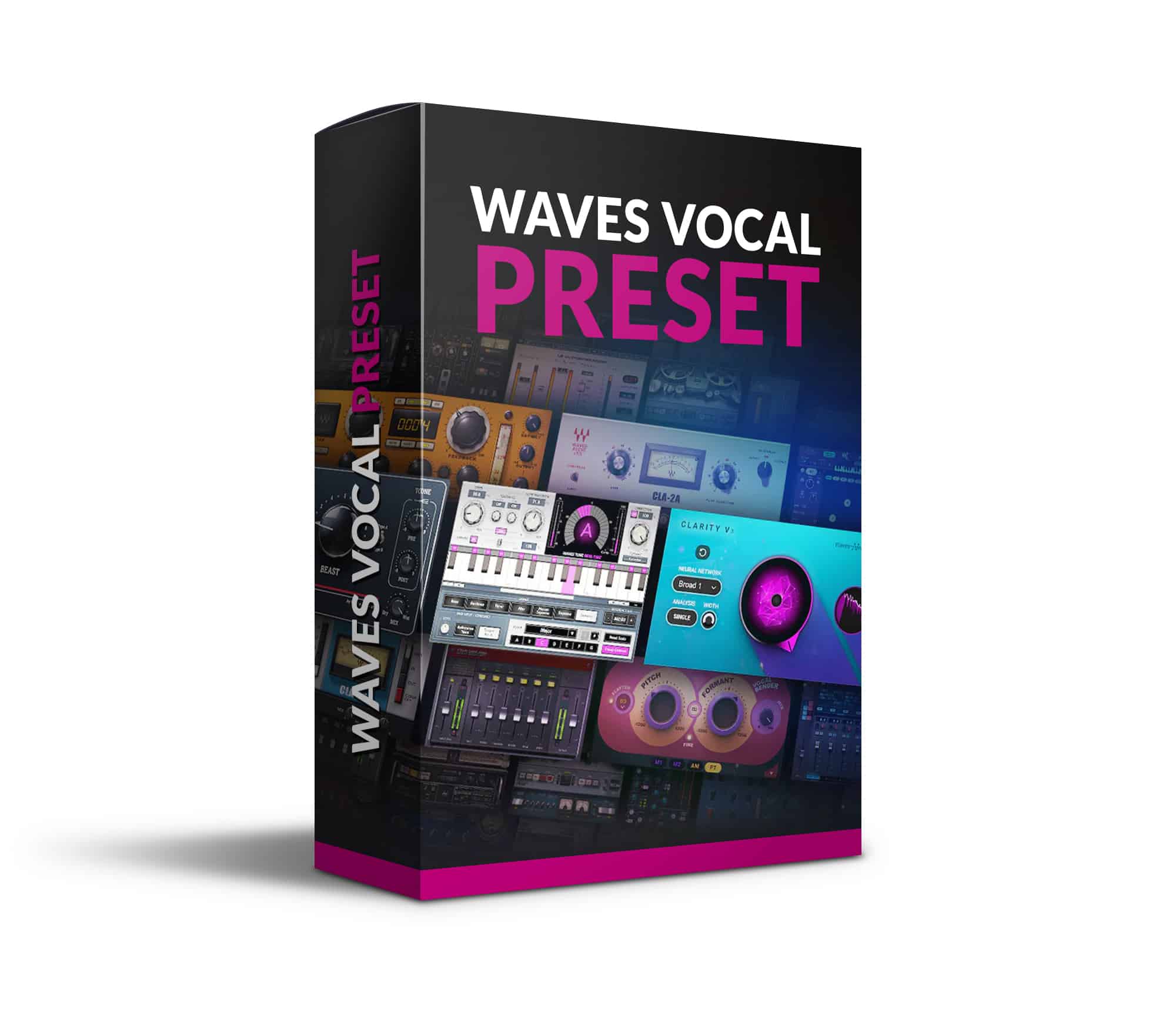
Want a FREE Waves Vocal Preset?
This free Waves vocal preset works with Ableton, Logic Pro, FL Studio, Pro Tools, Studio One, and Waves StudioRack. It only uses plugins included in the Waves Gold Bundle, so that’s all you need to get started.
Let’s be real—there are times when doing it yourself is the smart move. Not every song needs to be mixed at the highest level, and not every artist has the budget to bring in a pro every time. Knowing when to DIY can help you stay productive, creative, and in control of your process.
1. You’re making demos or sketches.
If you’re just laying down ideas, testing out song structures, or writing toplines, there’s no need to get precious. A rough DIY mix is usually more than enough to capture the vibe and keep the momentum going.
2. Budget is a real concern.
Professional mixing and mastering is an investment—and sometimes, that money needs to go toward artwork, promotion, or gear. If you’re early in your career or putting out music just for fun, doing it yourself might be the best option for now.
3. You’re learning the craft.
Some of the best mixers started out because they couldn’t afford to hire anyone else. If you’re curious, detail-oriented, and willing to experiment (and fail), DIYing your mixes is a great way to sharpen your ears and build your skills.
4. You’re building a sound.
There’s a rawness and individuality that can come from doing everything yourself—especially in genres like indie, lo-fi, or certain types of hip-hop. That DIY edge can become part of your identity, as long as it still translates to listeners.
Just know the trade-offs. If you’re planning a major release, pitching to blogs, or hoping to land on editorial playlists, those DIY limitations might hold the song back. That’s where the next section comes in.
When You Should Consider Hiring a Pro
There’s a time in every project when stepping back and bringing in a pro isn’t just helpful—it’s the smart move. If your goal is to compete sonically with what’s already out there, or you’re about to share your music with the world, hiring someone with experience can make all the difference.
1. It’s your final release.
Whether it’s a single, an EP, or a full album—if the track is going to be on streaming platforms, in front of fans, or sent to press, it deserves to be dialed in. Listeners might forgive a rough demo on SoundCloud. They won’t be as forgiving on Spotify.
2. You’re pitching for playlists, sync, or label attention.
First impressions matter. If your song isn’t sonically on par with everything else in the submission pile, it might get skipped—no matter how good the writing is. A professional mix helps your music sound serious before anyone even hits play.
3. You’ve hit a wall.
If you’ve tried everything you know and the mix still doesn’t feel right—maybe the vocal isn’t sitting, or the low end is falling apart—it’s probably time to hand it off. An experienced engineer can often fix in a few hours what you’ve been stuck on for days.
4. You want to focus on being the artist.
Mixing is a whole other job. And while it’s great to understand the process, it can pull you out of the creative zone. Hiring a pro lets you stay in the mindset of writing, performing, and building your brand—without getting lost in EQ curves and limiter settings.
At the end of the day, the decision comes down to one thing: what serves the song best?
Final Thoughts: It’s Not Either/Or — It’s About Knowing When
The real question isn’t “Should I always DIY or always hire a pro?” It’s “When does it make sense to do each?”
There’s nothing wrong with mixing your own tracks—especially when you’re just starting out, working on demos, or learning the ropes. In fact, the more you understand the mixing and mastering process, the better you’ll become at producing music overall.
But there comes a point where bringing in fresh ears and real-world experience can take your song further than you can on your own. And it’s not a knock on your talent—it’s about playing to strengths. Just like you wouldn’t try to master your own album cover design (unless you’re a graphic designer), you don’t have to wear every hat in the studio.
Some of the best artists I’ve worked with do both. They self-produce and self-mix their demos, then call me in when it’s time for the real release. Others use my mixing presets to get their vocals sitting right, then come back later for full mastering.
There’s no one-size-fits-all approach. The key is knowing your goal for the song—and being honest about what it’ll take to get it there.
If you’re looking for professional mixing or mastering services—or just want to check out what’s possible—feel free to fill out the book a mix form, or checkout mixandmastermysong.com

